Intimacy and sexual arousal can be complex. As humans, we don’t have “on and off” switches that control our sex drive. Instead, both our psychological and physiological states control our desire for sex and how often we’re in “the mood.” In fact, research suggests the state of your gut may play one of the most important roles in sexual desire and libido.
We all know gas, bloating and acid reflux are anything but sexy-time motivators. But
beyond noticeable digestive symptoms, your gut is also comprised of millions of neurons that send and receive impulses and control your emotional responses, and, therefore, your desire for sex (1). In fact, many studies have linked compromised gut health to decreased libido (2).
The “gut” refers to your entire gastrointestinal tract, including your small intestine, large intestine, esophagus and colon. While the gut’s primary role is to digest food and absorb nutrients, the neurons it contains make up a “second nervous system” (the technical name is enteric nervous system), which allows your gut to also act as a second brain (3).
Do you struggle with bloating, gas, constipation, or other digestive issues? We’ve created a FREE guide to healing your gut naturally.
Click here to get your FREE copy of our Eat Wild Guide!
You may have experienced this secondary nervous system at work before, by feeling emotions in your stomach such as nervousness, disappointment, or a “gut feeling” that something isn’t quite right. [tweet_quote] Your gut is like a second brain, feeling emotions through the “second nervous system”.[/tweet_quote]
In addition to millions of neurons, your gut also contains neurotransmitters and proteins that send and receive messages from your brain and central nervous system via the vagus nerve—somewhat like a highly complex telephone system extending from your brainstem to your abdomen (4).
Your gut microbiome (a fancy word for internal environment) contains more bacteria than any other place in your body. It’s a complex circuitry of cells and living bacteria, which, new research suggests, largely influences your mental state (5). In fact, one study done on the microbiome-gut-brain-axis in shy, introverted mice showed that even the slightest disruption to their gut bacteria altered their behavioral patterns. After being given a dose of antibiotics, the shy mice became “bold and adventurous” (6).
Needless to say, gut bacteria are crucial to both your mental, emotional and physical health. But let’s take a closer look at how they impact your libido.
The Gut, Serotonin & Libido Link

Serotonin is the primary neurotransmitter that determines if you feel happy, have energy and yes—if you’re in the mood to have sex (7). Serotonin is involved in controlling and enhancing blood flow to different regions of your body, including the genital regions, which further explains its role in libido (8). And while we may automatically think neurotransmitters such as serotonin are produced in the brain, research shows close to 90% of serotonin is, in fact, produced by gut microbes (9).
The link between healthy gut bacteria and sufficient serotonin production is so prominent, that studies found mice who had little to no healthy gut bacteria produced 60% less serotonin than the control group. However, when their gut bacteria was recolonized with healthy microbes, their serotonin levels increased (10). These findings suggest a certain amount of healthy gut bacteria must be present for sufficient serotonin production—and, therefore, a healthy libido. [tweet_quote] A healthy gut has lots of serotonin, which promotes a good sex drive.[/tweet_quote]
Unfortunately, many factors in today’s modern lifestyle destroy our natural stores of beneficial bacteria. Frequent antibiotic use, alcohol consumption, a diet high in refined foods, and chronic stress have all been shown to deplete healthy gut microbes. A lack of healthy gut bacteria can result in chronic digestive disorders such as leaky gut syndrome, candida and bacterial dysbiosis. Not surprisingly, studies have linked all 3 of these conditions to low libido (11)(12).
How Anxiety Affects Your Sex Drive

As mentioned above, your gut is like a second brain. Your emotions affect your mind and your digestive tract. When your body is in a state of fear or anxiety, stress hormones such as cortisol are released, which stimulate the sensory nerves in the stomach. When these nerves sense anxiety, the vagus nerve sends signals to increase the serotonin production in your GI tract. (13)
A boost of serotonin may sound like a good thing for improving libido, but a quick, sudden influx (as opposed to a regulated, consistent influx) may actually trigger digestive symptoms such as diarrhea, cramping and nausea as part of the stress response (14). Needless to say, these are the last things you’d want to experience in the bedroom.
The Bottom Line: If you regularly experience fear and other stressful emotions, you’re less likely to have the adequate serotonin levels needed for sexual arousal. Your body will try to compensate by sending a quick influx of serotonin to your GI tract, but this may result in undesirable digestive symptoms. Instead, the goal is to experience a positive, consistent flow of serotonin, which can be achieved by improving your gut health (15)(16).
3 Tips to Improve Your Gut Health & Your Libido
Increase the Fiber in Your Diet
Let plants be thy libido medicine.
You may not think a cup of soaked chia seeds can make a difference in your libido. But the truth is, the fiber found in unprocessed foods such as fruit, nuts, seeds, vegetables and leafy greens improve gut health, which, as you now understand, improves serotonin production and libido (17).
Fiber is like a housekeeper for your GI tract; it “sweeps away” the toxins and waste in your gut that encourage the overgrowth of bad bacteria. In fact, certain types of fiber, such as inulin, are called prebiotics because they feed and encourage the growth of the probiotics in your system. Inulin is found abundantly in dandelion greens, chicory root, artichokes and garlic. [tweet_quote] Fiber like chia pudding, fruit, artichokes and garlic are great for a healthy libido.[/tweet_quote]
For some of us, certain types of fiber can be difficult to break down and cause gas and intestinal discomfort—especially when our digestive system is compromised or weakened. To avoid undesirable symptoms caused by fiber, you may want to consider adding bone broth to your diet instead. Bone broth is rich in the nutrients collagen, gelatin and glutamine, which help repair the gut lining without adverse symptoms.
In general, bone broth is an excellent food for improving gut health—but it especially comes in handy if you follow a low FODMAP or GAPS diet, where certain fibrous foods are off-limits. There are plenty of recipes for low FODMAP versions of bone broth available online and in cookbooks.
Eliminate Processed Foods
You may already know that processed foods rich in trans fats and sugar contain very little fiber, if any at all.
Refined sugar and rancid fats are a primary cause of inflammation in the GI tract (18). Chronic inflammation is at the root of many digestive conditions and Western diseases, which is why reducing the processed foods in your diet is important to gut health and your entire well-being. (On the other hand, most whole, unprocessed foods, such as blueberries, dark leafy greens, wild salmon, turmeric and ginger, have anti-inflammatory properties). [tweet_quote] Steer clear of processed foods and eat lots of blueberries, leafy greens and wild salmon for a healthy gut.[/tweet_quote]
Getting in the habit of avoiding processed foods is simple: try new Paleo recipes at home (which are made from whole, unprocessed foods), and read labels to check for hidden sources of refined sugar and hydrogenated fats.
Create a Regular Exercise Routine
CrossFit, running, spin, yoga. Not only does moderate exercise leave you feeling stronger in body and mind, but research suggests regular exercise can also positively alter gut microbiota (19).
In addition to improving gut health, exercise is all-around beneficial for libido by releasing endorphins and boosting brain serotonin levels for an instant boost of happiness. And let’s be honest: the more confidence you have in your physical appearance, the more confident you tend to be in the sack.
There’s a reason they say “the road to health is paved with good intestines”—or, shall we say, the road to a healthy libido is paved with good intestines.
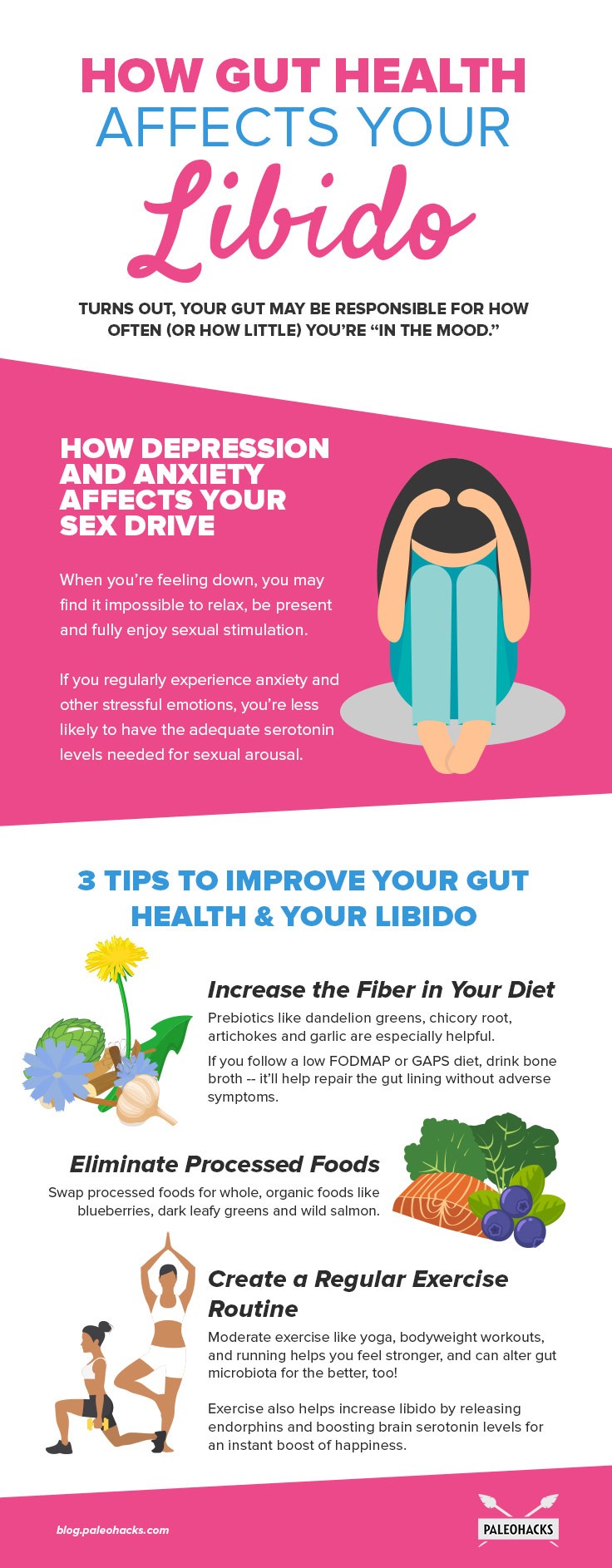
(Read This Next: 5 Habits Killing Your Sex Drive (& How to Naturally Increase Libido))



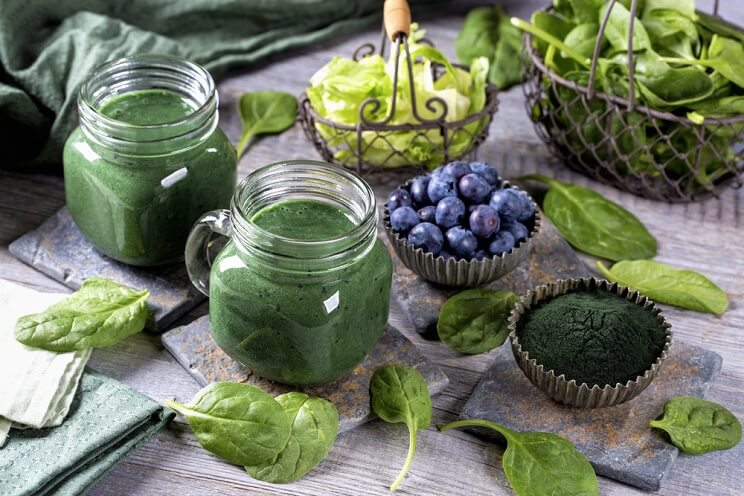

 Double-Meat Breakfast Burrito Recipe
Double-Meat Breakfast Burrito Recipe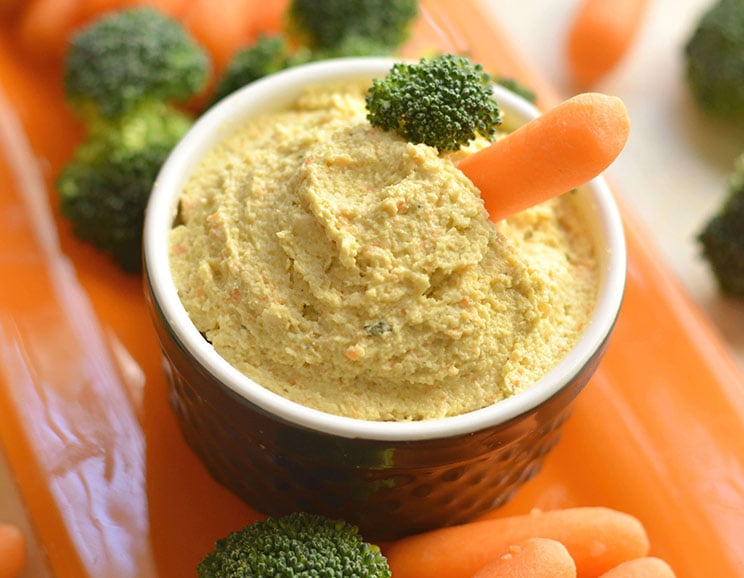

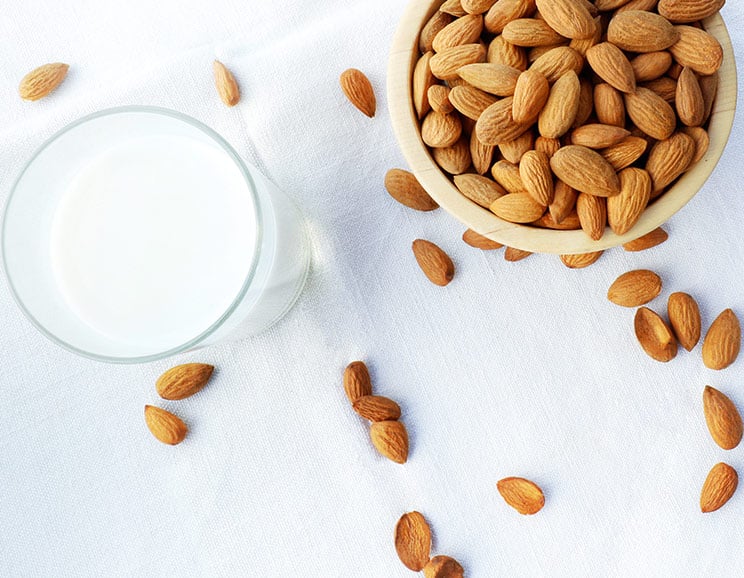

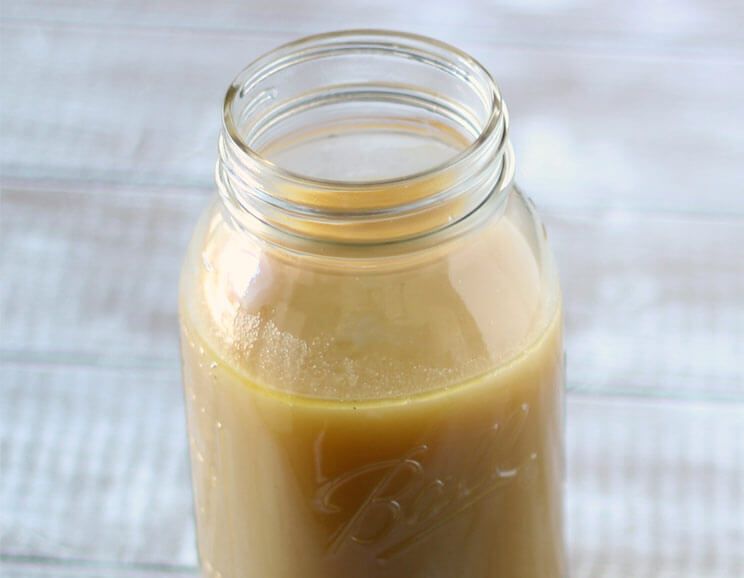
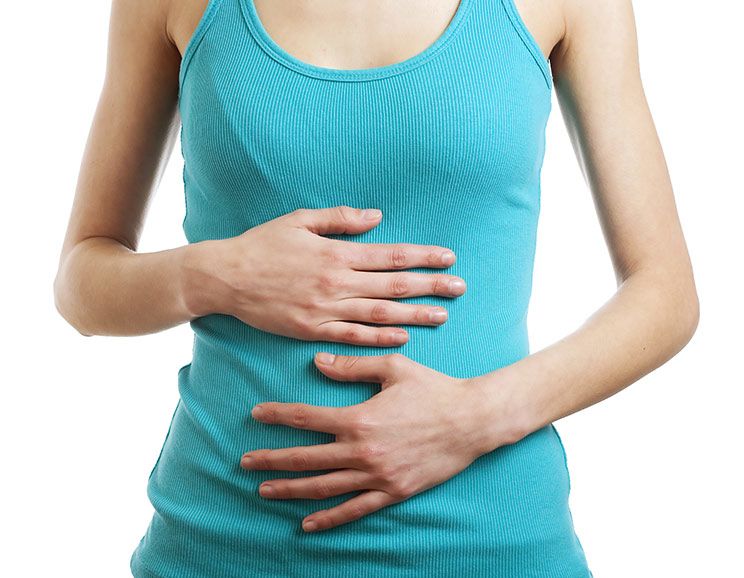

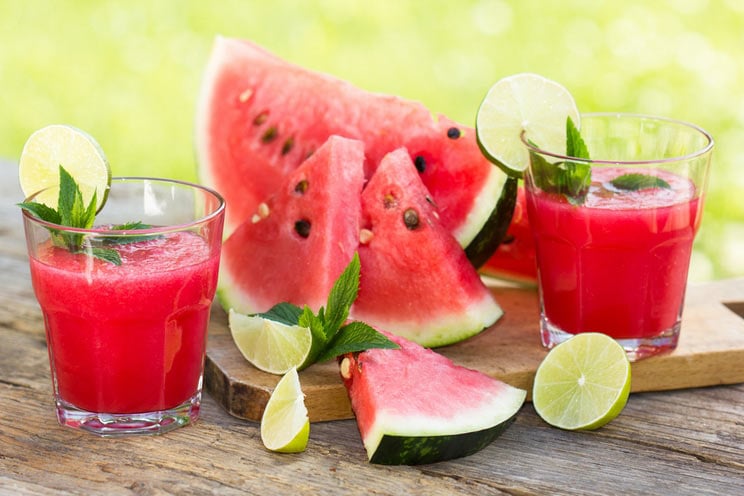
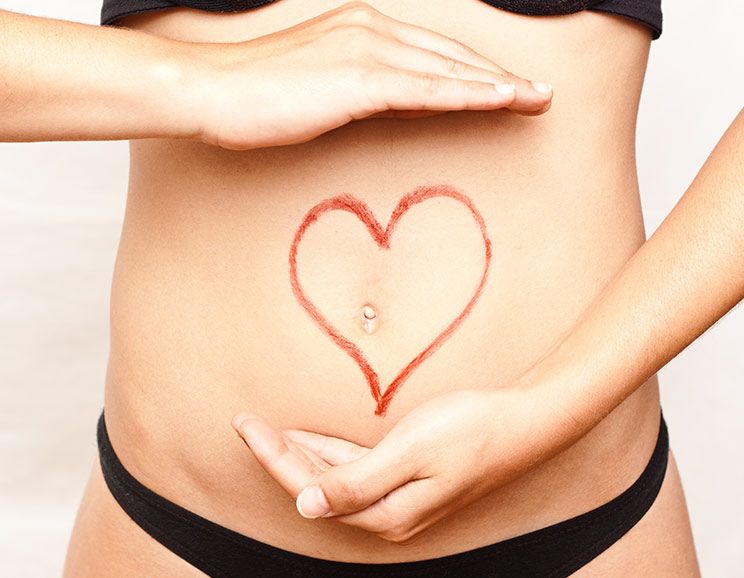
Show Comments